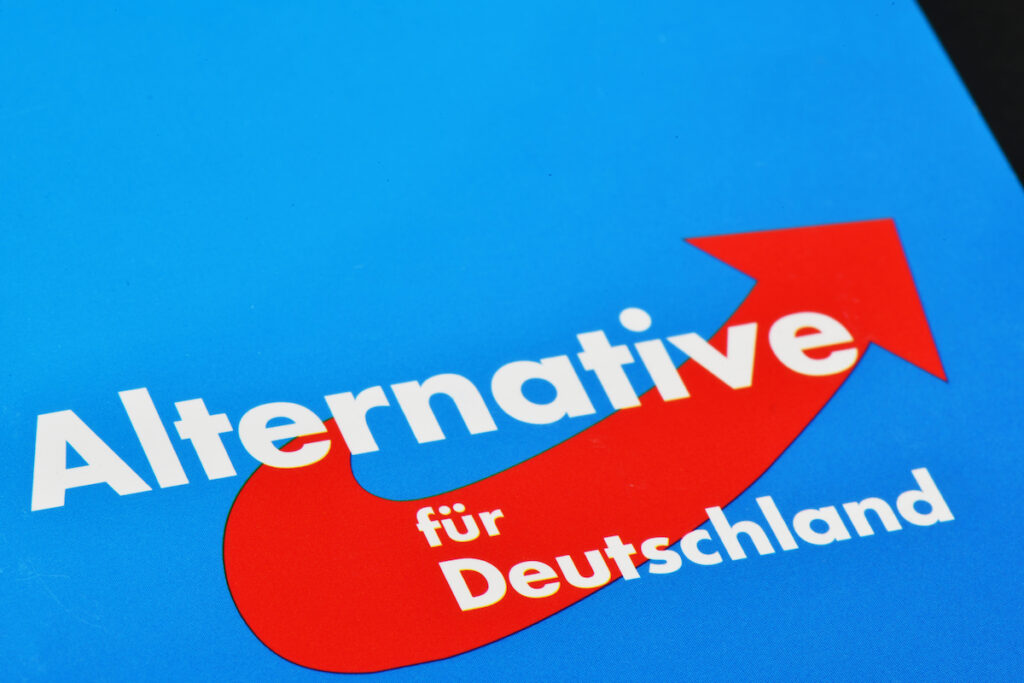Germany Declares AfD a Threat to Democracy
Germany’s domestic intelligence agency, the Federal Office for the Protection of the Constitution (BfV), has officially classified the right-wing Alternative for Germany (AfD) party as a “right-wing extremist organization.” The announcement, made on May 2, 2025, marks the most forceful stance taken by German authorities against the party since its founding in 2013.
This legal classification allows the BfV to deploy a range of surveillance tools against the AfD, including wiretapping, monitoring communications, and using informants. Officials say the decision is grounded in a comprehensive, 1,100-page internal investigation that evaluated the AfD’s language, ideology, and affiliations.
According to the BfV, the AfD promotes an ethnically exclusive definition of German identity and poses a genuine threat to the democratic order through continuous attacks on migrants, Muslims, and liberal institutions. Interior Minister Nancy Faeser stated that the conclusion was “legally robust, clear, and necessary” to defend Germany’s postwar constitutional values.
AfD Leaders Condemn Decision as Politically Motivated
AfD leaders Alice Weidel and Tino Chrupalla have denounced the classification, arguing that it is part of a broader campaign to silence opposition voices ahead of key state elections later this year. “This is a politically motivated assault on democracy itself,” said Weidel during a press conference. The party has vowed to challenge the BfV’s ruling in court.
Founded as an anti-euro party, the AfD has evolved into a hardline nationalist movement that campaigns heavily against immigration and European Union integration. The party rose to prominence during the 2015 refugee crisis and has since secured a strong voter base, particularly in eastern Germany.
In February 2025, the AfD placed second in national elections, an unprecedented result that shocked many mainstream parties. It has continued to gain momentum amid rising dissatisfaction with immigration policy, inflation, and energy reforms.
The recent BfV ruling also follows an international optics issue. In April, a former aide to AfD lawmaker Maximilian Krah was arrested on suspicion of spying for China. While the party distanced itself from the individual, the incident reinforced longstanding concerns about extremist and foreign influences within AfD ranks.
Political Ramifications and Public Reaction
The classification has intensified political polarization across the country. While members of the governing coalition and civil society groups welcomed the move as a defense of democratic norms, AfD supporters called it authoritarian overreach. Protests erupted in several cities, with demonstrators accusing the government of using intelligence agencies to undermine political opponents.
Legal experts note that this classification does not equate to a ban, but it sets a precedent for stronger oversight. Any formal attempt to ban the AfD would require a ruling by the Constitutional Court and could take several years. Still, it’s rare for a major political party represented in parliament to be targeted this way.
Some observers worry that the BfV’s decision might inadvertently increase the AfD’s support among voters who feel alienated by traditional parties. Others argue that confronting anti-democratic behavior head-on is necessary, even if politically costly.
Broader Implications Across Europe
Germany’s decision is likely to reverberate across Europe, where far-right parties have gained ground in recent years. Many of these parties share ideological similarities with the AfD, such as opposition to immigration, Euroscepticism, and nationalist rhetoric.
AfD leaders have built ties with other European far-right movements, including Marine Le Pen’s National Rally in France and Hungary’s Fidesz party. The German classification may embolden other governments to adopt stricter measures against such movements, or conversely, deepen alliances among them.
The case has also drawn global attention. American tech billionaire Elon Musk expressed support for the AfD in a recent online post, calling the party “a voice for real people.” Meanwhile, human rights groups emphasized that defending democracy sometimes means drawing clear boundaries.
As Germany prepares for key regional elections and a likely legal battle, the country stands at a crossroads. How it handles this classification—and the societal reactions it provokes—may influence its democratic trajectory for years to come.


